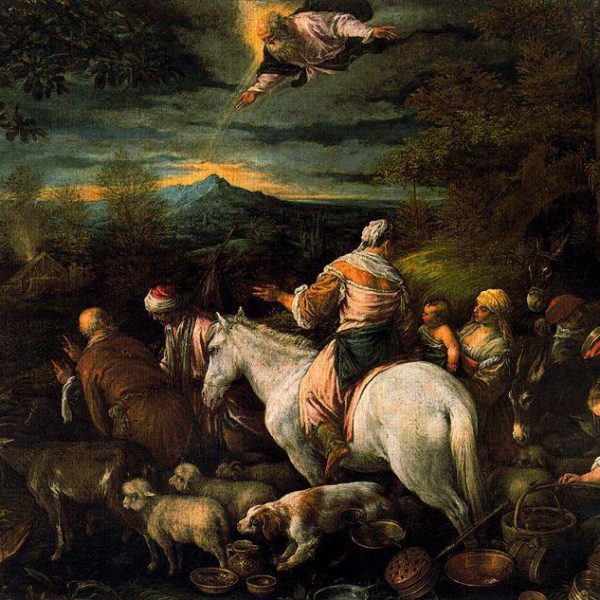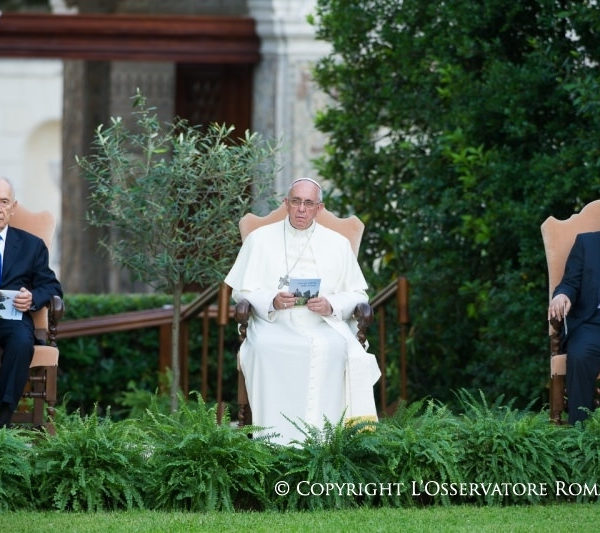
Whatever our exegesis of scripture and tradition may suggest, it is imperative that we take into account the pain and damage our religious piety causes to others. Is our perception of divine instruction sufficient justification for actual injury (physical, psychological, and/or spiritual) to our neighbors?
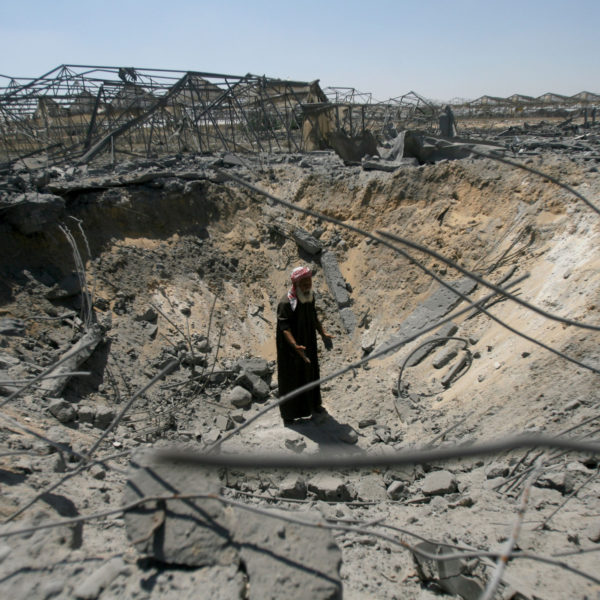
Since World War II, the primary ambition of international humanitarian law — the law of armed conflict — has been to insulate military violence from the civilian population. Military forces are required to identify themselves as such, by wearing clearly marked uniforms, and to discriminate in their selection of targets: They cannot deliberately attack noncombatants or infrastructure that has no military use.
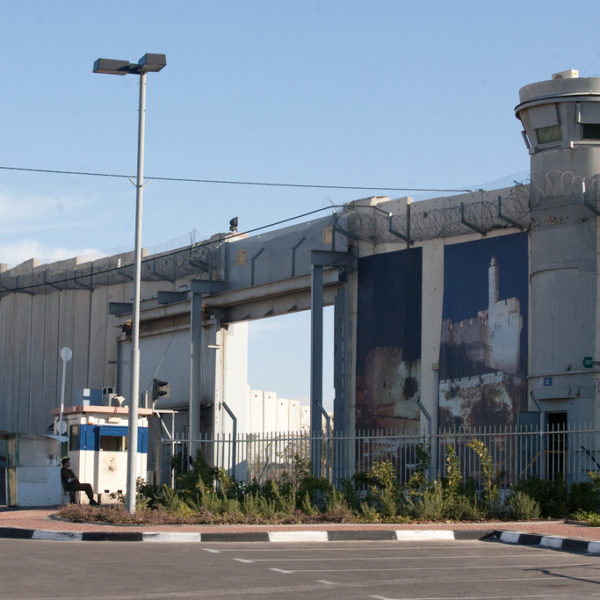
I wish to thank Dr. Bernstein for his thoughtful and irenic response to “Zionism Unsettled” (hereafter, ZU). . . . ZU is indeed a hard-hitting document. It says things many people would rather not have discussed and calls out both Jewish and Christian Zionists for their contribution to the misery and suffering of the Palestinian people. Such a resource, which could be utilized at the congregational level, was sorely needed. The Israeli occupation began in 1967, when I was four years old. I’m now a grandfather, and yet it still continues.

Several of my friends joined a Facebook meme soliciting a list of the ten books that most influenced you. I thought myself too cool to participate, but if I had, Judith Butler’s Gender Trouble would have been on my list. I devoured it one winter break when I was home from college. At the time, I was fascinated by the world of feminist theory to which Butler introduced me.
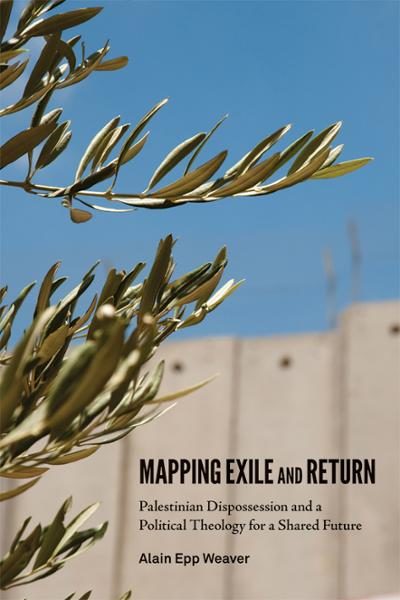
What political theologies are embedded in and shape Zionist and Palestinian refugee mappings of space and place? This is the animating question of my new book, Mapping Exile and Return, which stems from my doctoral studies in theology at the University of Chicago and 11 years of work in the Middle East.
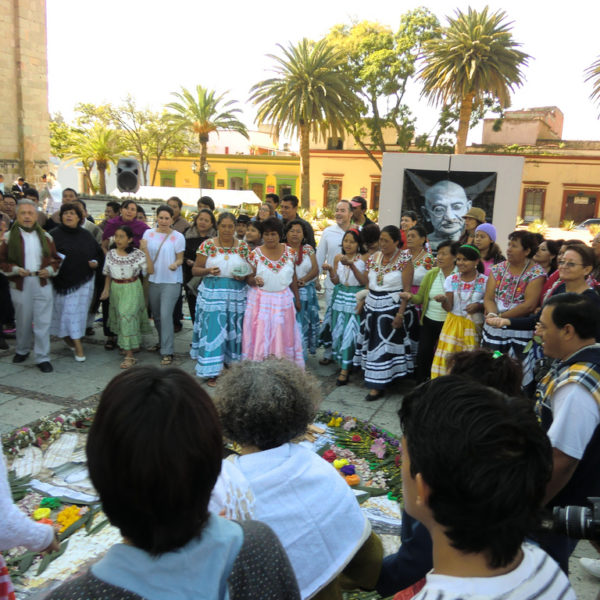
At the very least we might say that both nonviolence and pacifism should attempt to understand and redirect violence. And maybe we should shelve the tired terms for a spell and speak of life-giving or death-dealing acts, which might reframe exhausting debates about property destruction. Pacifism should not be at odds with physical force, with the force of physicality such as sit-ins, strikes, human chains, roadblocks, or even strategic property destruction.
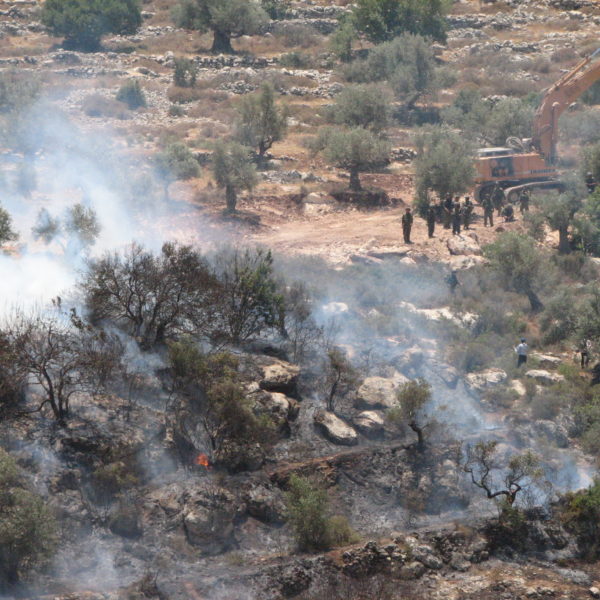
In 2008, I worked in Ramallah as a journalist and interim editor for the Palestine Monitor, a web-based news source committed to “exposing life under occupation.” I traveled throughout the West Bank, writing several articles about the village of Ni’lin, whose olive groves and roads are fractured due to the construction of the separation wall.
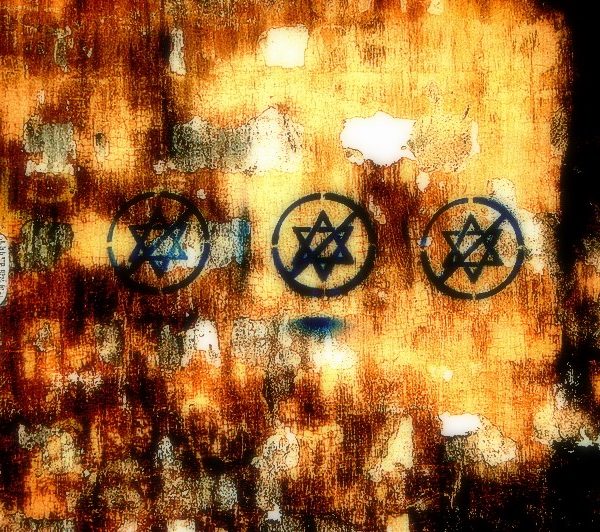
n the matter of U.S. support for Israel, religion and politics operate as Tweedle Dum and Tweedle Dee, reinforcing each other in a slapstick display of tomfoolery. Although presidents have for decades lodged verbal objections to settlement expansion in the Palestinian territories, the Congress continues to authorize 3.2 billion dollars per year for Israel while Christian Zionist organizations send tax-exempt millions directly to the settlements.

Herod was scared of a newborn baby. This basic fact of the Epiphany story bears the key to understanding its political implications. Herod’s fear reveals something of the anxiety that accompanies absolute power. In the political context of the Roman Empire, which supported Herod’s control of Judea, the continuance of power depended on the political elites capacity to convince people.
Hope is not drawn from the world-that-is. Hope is grounded in perceptions of the world-that-ought-to-be. It arises from the power of the world-that-ought-to-be. For Christians, the world-that-ought-to-be is the eschatological Kingdom of God. It is expected in the future, in God’s time. But, it is also in the present, which is God’s time. The Kingdom is a perpetual possibility, even as its realization must be perpetually deferred in its fullness.
